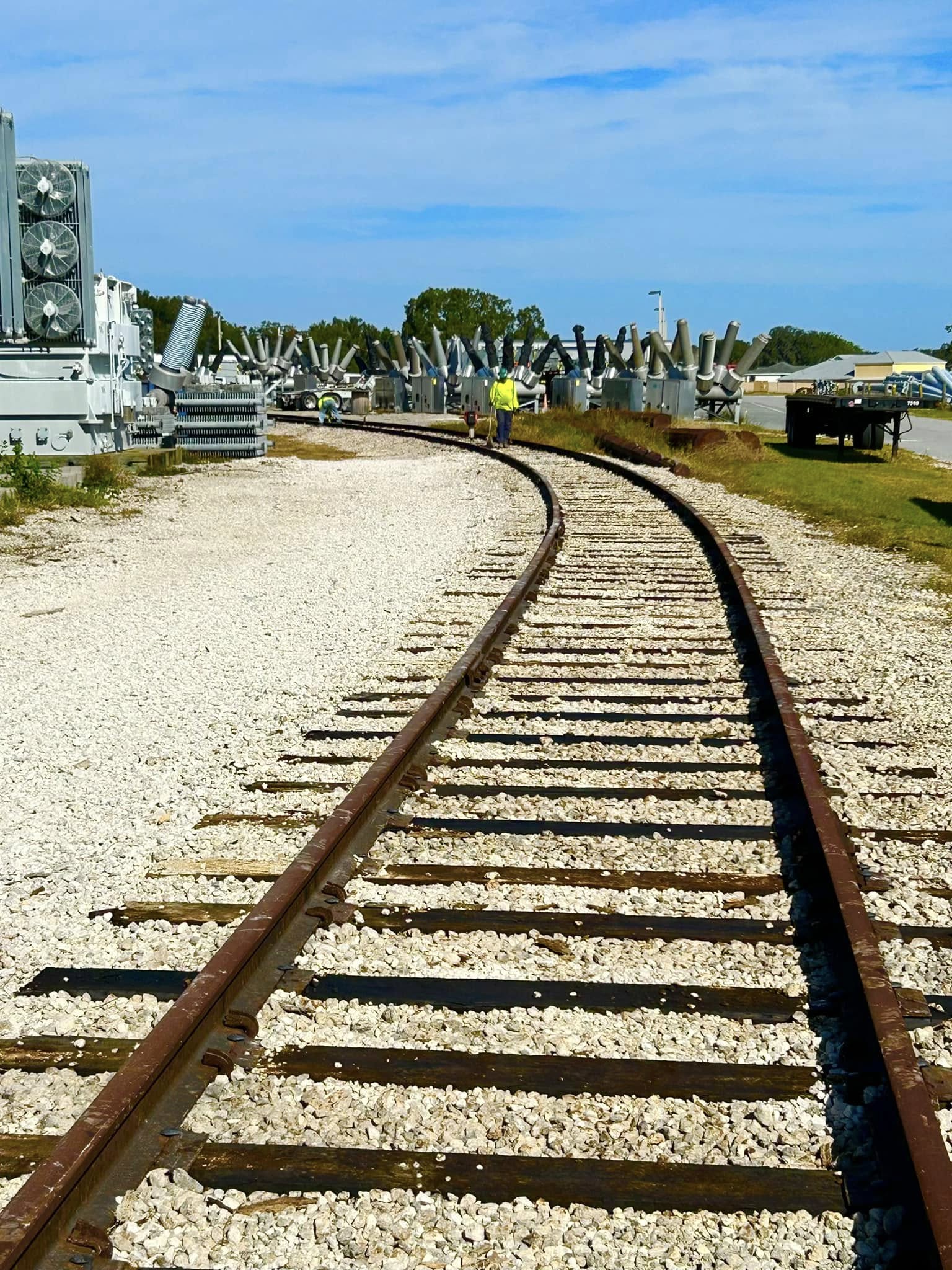Canada’s vast geography has always posed both opportunities and challenges for the movement of goods and people. From the earliest days of confederation to today’s rapidly evolving economy, rail systems have played a pivotal role in connecting communities, industries, and markets. As global trade intensifies and domestic demand grows, modern Rail systems are at the forefront of ensuring that Canada remains competitive, sustainable, and resilient in the decades ahead.
The Role of Rail Systems in Canada’s Growth
Rail systems are more than just a means of transportation—they are economic lifelines. Canada’s reliance on exporting natural resources like grain, lumber, oil, and minerals requires efficient transport networks that can handle massive volumes. Trucks and ships are essential, but without the backbone of rail systems, supply chains would face costly delays and inefficiencies.
Rail systems also contribute to regional development by connecting remote areas to major economic hubs. In provinces like British Columbia, Alberta, and Saskatchewan, rail networks are crucial in moving commodities from production sites to ports. Meanwhile, in central and eastern Canada, rail systems facilitate the movement of manufactured goods, consumer products, and imports across the country.
Advancements in Modern Rail Systems
Technological Innovation
Today’s rail systems are not static; they are constantly evolving. With the integration of digital technologies such as predictive analytics, Internet of Things (IoT) sensors, and automated monitoring, rail systems have become smarter and safer. These advancements help operators predict maintenance needs before breakdowns occur, reducing downtime and improving efficiency.
Sustainable Solutions
Another major shift in modern rail systems is the move toward sustainability. Rail is already one of the most fuel-efficient modes of land transport, but innovations in electrification, hybrid locomotives, and biofuels are further reducing the carbon footprint. These changes position rail systems as a cornerstone of Canada’s environmental strategy, aligning with commitments to lower greenhouse gas emissions.
Infrastructure Expansion
Expanding and modernizing infrastructure remains a priority for rail systems across Canada. Projects aimed at increasing track capacity, upgrading bridges, and enhancing intermodal terminals ensure that rail systems can handle the rising demand for freight transport. These infrastructure improvements are essential for maintaining Canada’s competitive edge in global trade.
Rail Systems and the Canadian Economy
Strengthening Trade
Canada’s prosperity depends heavily on trade, particularly with the United States, Asia, and Europe. Rail systems are critical in linking inland producers with international ports. For example, grain farmers in the Prairies rely on rail systems to ship their harvests efficiently to Vancouver or Thunder Bay for export. Without these connections, Canada’s global trade position would weaken significantly.
Supporting Industries
Rail systems are vital not only for large-scale exports but also for industries that require steady and reliable supply chains. Manufacturing plants, energy producers, and retailers all depend on rail systems to move raw materials and finished products. By lowering transportation costs, rail systems enable businesses to remain competitive while passing savings on to consumers.
Creating Jobs
The economic impact of rail systems extends beyond trade and industry. From construction crews and maintenance workers to logistics professionals and technology experts, rail systems generate thousands of jobs across the country. Investments in modern rail projects also stimulate local economies, ensuring long-term benefits for Canadian communities.
Challenges Facing Rail Systems
Capacity and Congestion
As demand for freight movement grows, rail systems face the challenge of balancing capacity with efficiency. Bottlenecks at busy corridors can delay shipments, which has ripple effects throughout the supply chain. Addressing congestion requires both public and private sector investment in expanding rail infrastructure.
Climate Resilience
Canada’s diverse climate presents unique obstacles for rail systems. Harsh winters can cause track disruptions, while extreme weather events linked to climate change pose additional risks. Modernizing rail systems with stronger materials, improved drainage, and advanced weather monitoring is essential to maintaining reliability.
Balancing Freight and Passenger Needs
In some regions, rail systems must balance the dual roles of freight and passenger transport. Urban populations increasingly seek sustainable commuter rail options, while industries depend on uninterrupted freight service. Finding equilibrium between these two needs is a challenge that requires innovative planning and investment.
The Future of Rail Systems in Canada
The future of Canada’s economy is deeply tied to the modernization of rail systems. With increasing global trade, urban growth, and environmental concerns, the demand for reliable, efficient, and sustainable transport has never been higher. Smart technologies, electrification, and expanded networks are shaping the next generation of rail systems that will continue to drive Canadian prosperity.
As a leader in rail construction and maintenance, Universal Rail Systems is committed to building and maintaining the infrastructure that supports Canada’s future. By combining expertise, innovation, and dedication, the company ensures that rail systems remain a dependable foundation of national and international commerce.
Conclusion
Modern rail systems are more than tracks and trains—they are engines of economic growth, trade, and sustainability. They connect Canadian industries to global markets, ensure communities remain accessible, and create opportunities for innovation and employment. As challenges such as congestion, climate change, and rising demand persist, investment and modernization will be key. Canada’s future prosperity depends on strong, resilient, and innovative rail systems, and with the leadership of companies like Universal Rail Systems, the country is well-positioned to meet the demands of tomorrow.



